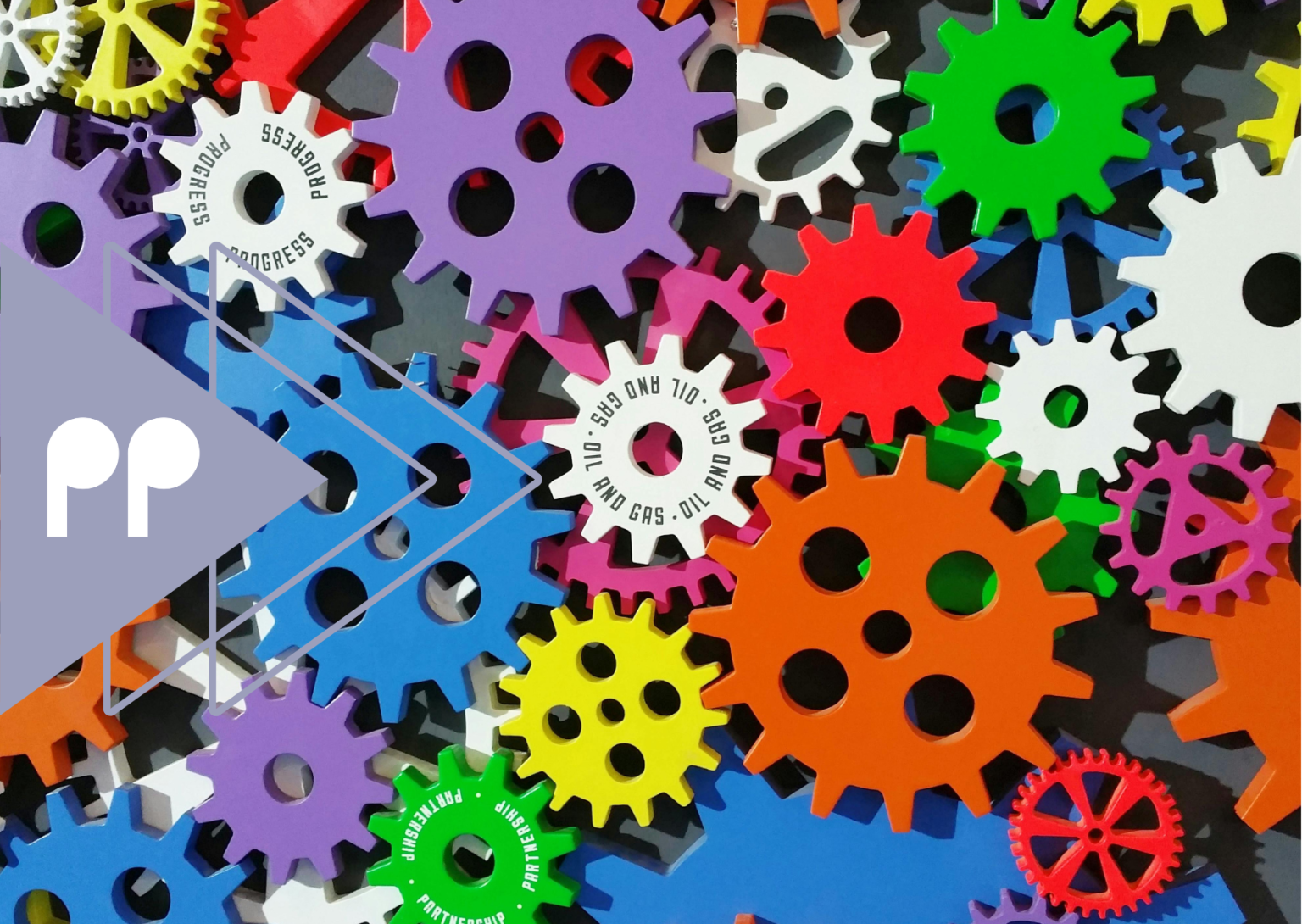Automation and AI—it’s reshaped industries across the globe, with the working class particularly feeling its effects for years. But how much will automation affect politics? We’ve already seen that European political parties, known for their diverse approaches to governance and policy-making, are increasingly integrating political tech in their operations. The need to boost efficiency, tailor voter interactions, and manage ever-growing data troves is paramount, particularly for smaller parties with less resources.
But this shift towards automation prompts serious reflections on the future of political jobs as well. What roles might technology eclipse, and where could AI carve out new niches? For those in the political sphere, understanding these shifts is more than just academic—it’s about career survival and advancement in the rapidly changing digital era.
Political job displacement due to automation
Like other industries, certain roles within political organisations are particularly prone to automation. Tasks that are repetitive or heavily administrative are ripe for AI integration. Here are such roles that are in danger.
Administrative and operational roles
Administrative roles like secretarial positions, data entry operators, and routine administrative support are likely to see extensive automation. AI systems equipped with natural language processing can perform tasks such as drafting correspondence, scheduling appointments, and even responding to routine inquiries with little to no human oversight.
Furthermore, voter database management—an essential function in any political organisation—can now be more efficiently handled by AI. These systems can update records in real-time, identify trends from past interactions, and ensure data consistency across platforms. By automating these processes, the likelihood of human error is significantly reduced, leading to more precise voter targeting during campaigns.
Campaign strategy and management
AI algorithms are revolutionising campaign management by predicting voter behaviours, fine-tuning outreach, and customising messages on a grand scale. Today, AI-driven tools offer sophisticated solutions that automate these aspects by analysing vast datasets to predict voter behaviour and sentiment accurately. This tech-driven approach means political campaigns can achieve more with smaller, more strategic teams, reducing the need for large groups of campaign workers.
Emerging opportunities for AI in politics
Despite the risks of job displacement, AI also presents new career opportunities within politics. It can enable parties to redeploy staff to higher added value activities. Three key areas political professionals should look to in order to AI-proof their careers.
Digital campaigning and voter engagement
Data is as crucial as diplomatic dialogue, so looking for roles in digital analytics is a good start. Political organisations now seek experts who can sift through mountains of data to extract actionable insights. These professionals use AI tools to tailor political messages that resonate on a personal level with diverse voter bases, from urban millennials to rural baby boomers.
AI’s capacity to segment voter populations based on nuanced preferences and past voting behaviours allows campaigns to deploy highly targeted strategies that are efficient and cost-effective. This bespoke approach to voter engagement not only maximises the impact of campaign messages but also optimised resource allocation across different demographics
Cybersecurity in the political domain
As political entities move more of their operations online, the risk of cyber threats looms larger. This reality brings cybersecurity experts to the forefront of political campaigns, where they are indispensable in protecting sensitive information from digital attacks. These specialists are tasked with building secure digital infrastructures, training staff on data safety protocols, and continuously monitoring systems to thwart potential breaches.
Policy development and legislative forecasting
AI won’t replace policy analysts, but it will require these analysts to be well versed in AI tools. AI’s prowess in predictive analytics and simulation offers transformative potential for policy development. Policy analysts and advisors are leveraging AI to predict the socioeconomic impacts of proposed legislation, allowing them to design laws that are both innovative and attuned to future challenges.
For instance, AI models can simulate the economic effects of a new tax law or the environmental impact of a proposed energy policy before they are enacted. This foresight enables policymakers to refine proposals based on empirical evidence and projected outcomes, reducing the likelihood of unintended consequences.
How political professionals can adapt
So, where to start? You won’t become a cybersecurity specialist overnight, but if you are cognizant of the way AI could affect your political career, then you’ll be able to adapt. Below are some key principles to guide you down this path.
- Embrace lifelong learning and upskilling: Embrace a culture of continuous learning and development. Seek out educational opportunities to master new tools that analyse voter behaviour, manage campaigns, or streamline communications. Starting with mastering software that can dissect large sets of data for actionable insights will be invaluable.
- Network with technology experts: Build relationships with tech experts. Engaging with a community that includes data scientists, AI developers, and digital strategists can offer firsthand insight into emerging technologies and how they can be leveraged in politics.
- Enhance AI-resistant skills: Skills such as emotional intelligence, persuasive communication, and strategic decision-making are crucial in politics, where negotiation, empathy, and leadership determine success. Focus on enhancing these skills to interpret and use AI-generated data effectively, present ideas persuasively, and make strategic decisions that align technology with human values and political objectives.
- Develop a digital mindset: This means thinking strategically about how AI can be integrated into every aspect of political operations—from policy making to voter engagement. This requires a shift in thinking from traditional methods to more innovative, tech-driven strategies.
Scenario planning and strategic foresight: These techniques help anticipate future changes and prepare for various outcomes. Learning how to apply these techniques in a world increasingly influenced by technology can help you make better decisions and create more resilient and adaptive political strategies.

